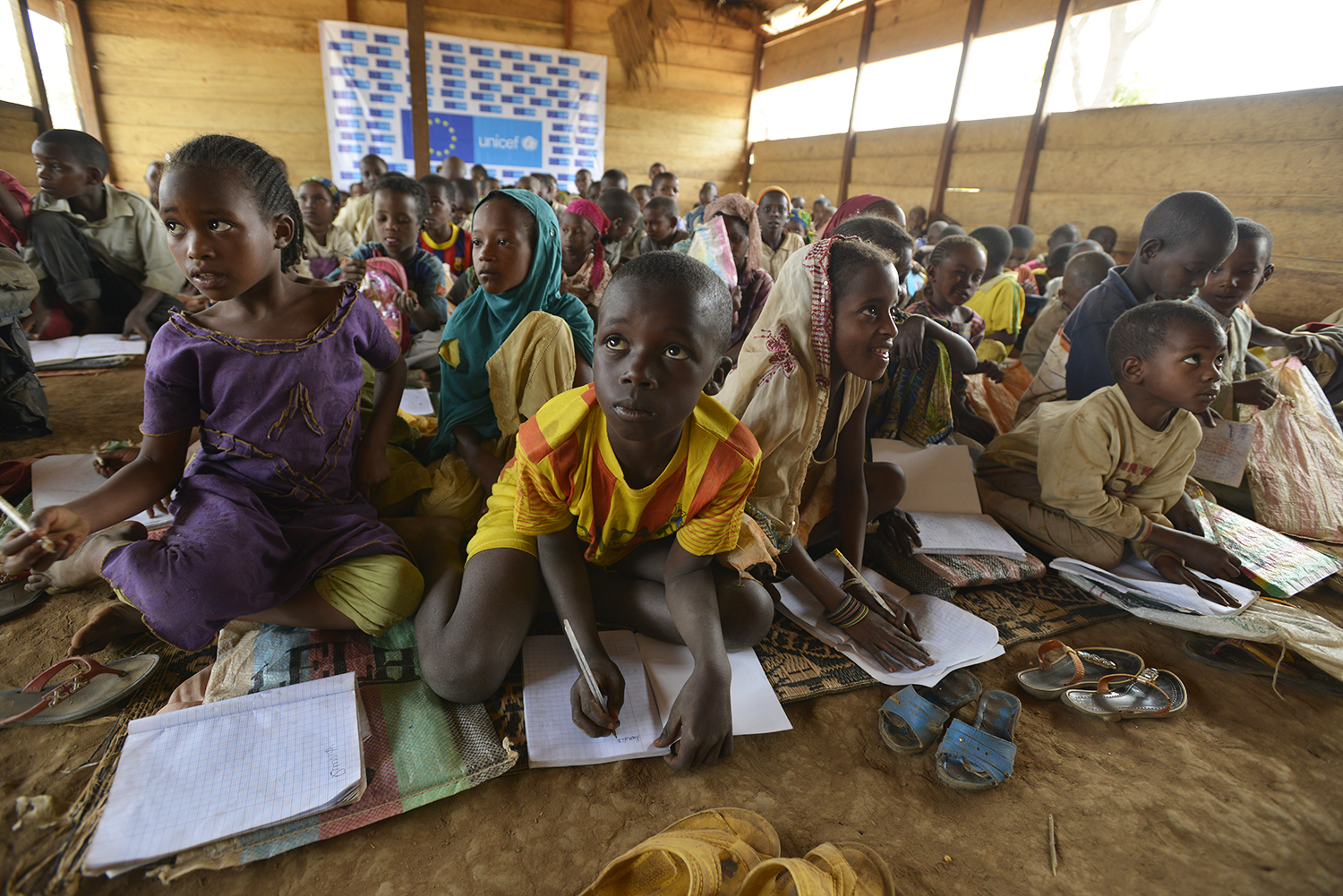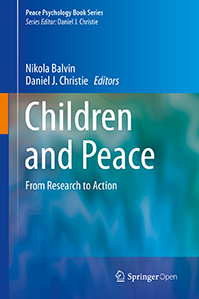About the PBEA ‘Learning for Peace’ program
The facts
According to the Global Survey on Violence against Children “Toward a World Free from Violence", 500 million to 1.5 billion children around the world are subjected to some form of violence each year (SRSG Violence against children, 2013, pg. 23). An unprecedented 1 billion children under the age 18 were living in areas affected by conflict and violence in 2006 alone. Of these, an estimated 300 million were under age five, and more than 18 million children were refugees or internally displaced (UNICEF Children & conflict in a changing world, 2009, pg. 4). Exposure to conflict and violence affects multiple aspects of child development, including survival, gender equity, poverty reduction and access to education.
Exemplar: The UNICEF Learning for Peace initiative
Learning for Peace – UNICEFs Peacebuilding, Education and Advocacy Program (PBEA) (2012-2016) – leads the global call to action through its innovative research and development of social cohesion, resilience, and security by strengthening educational practices and policies in conflict-affected contexts. This unique initiative bridges education and peacebuilding and links multiple communities and programs to build durable peace. The implications of gender for peacebuilding are explored as a cross-cutting issue through all research areas and initiatives in the program, which amplifies the voices of women and girls by ensuring that they are included in consultative processes and that there is equal representation in the restoration and delivery of education.
ECPC "Pathways to Peace" Podcast ► Learning for Peace: Availing UNICEFs Peacebuilding, Education and Advocacy Program (PBEA)
In this podcast, PBEA manager, Friedrich W. Affolter, EdD, talks in depth about PBEA, its purpose, challenges faced, achievements and ways in which the over 75 research products, presented here, can best be used in order to inform similar research and programming going forward.
Five focus areas
Learning for Peace focuses on the following outcomes that are further described in the program’s advocacy brief (PBEA brief, English and PBEA brief, French).
-
Increase education in peacebuilding and conflict-reduction policies, analyses and implementation.
-
Increase institutional capacities to provide conflict-sensitive education.
-
Train children, parents, teachers and other duty bearers to prevent, reduce and cope with conflict and to promote peace.
-
Increase access to quality and relevant conflict-sensitive education that contributes to peace.
-
Contribute to the generation and use of evidence and knowledge in policies and programming related to education, conflict and peacebuilding.
PBEA research products
Learning for Peace has generated over 75 research products that include manuals, guidance notes, reports, policy briefs and videos of case stories that provide evidence on the linkage between education equality, gender, early childhood development, child protection, and peacebuilding/social cohesion.
Learning for Peace is a partnership between UNICEF, the Government of the Netherlands, governments of 14 other countries (Burundi, Chad, Côte d’Ivoire, Democratic Republic of the Congo, Ethiopia, Liberia, Myanmar, Pakistan, Sierra Leone, Somalia, South Sudan, State of Palestine, Uganda, and Yemen) and key supporters.
JOIN THE CONVERSATION
For breaking news and to stay connected, follow us on social media. Sign up to get our E-News delivered straight to your inbox.




